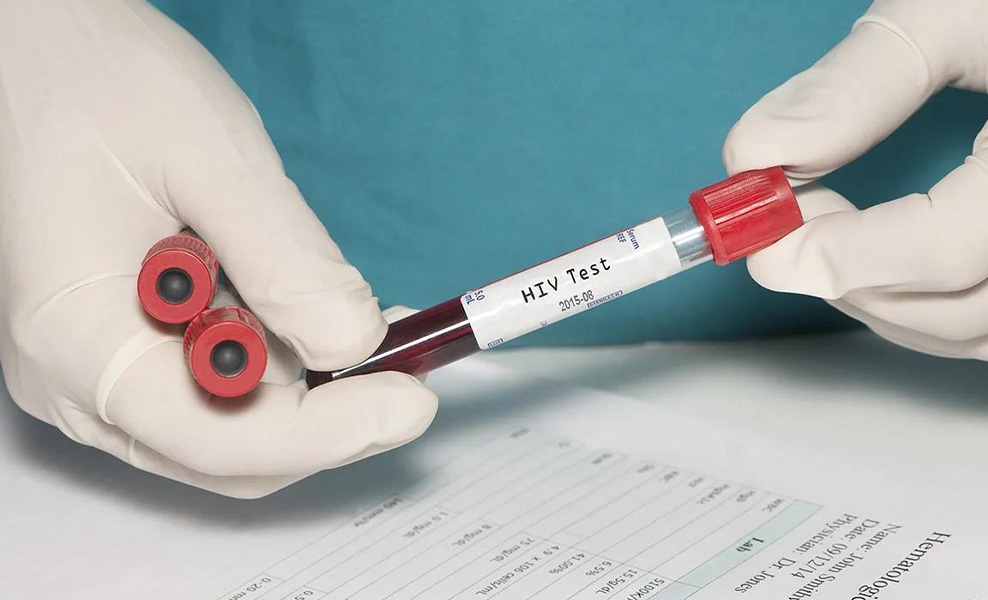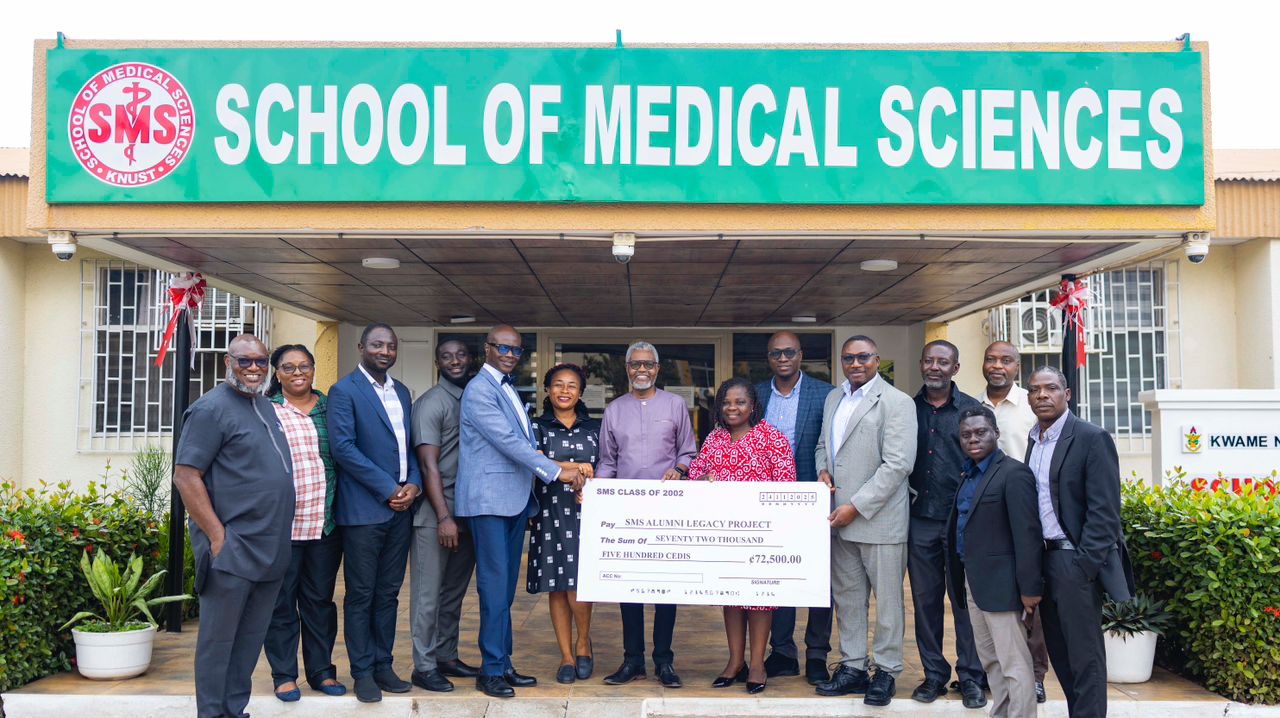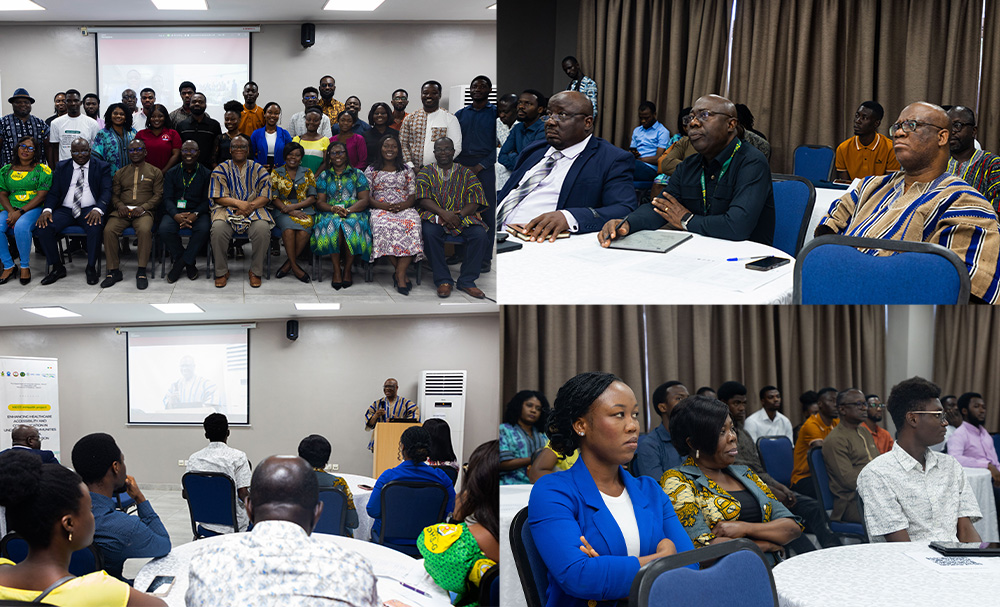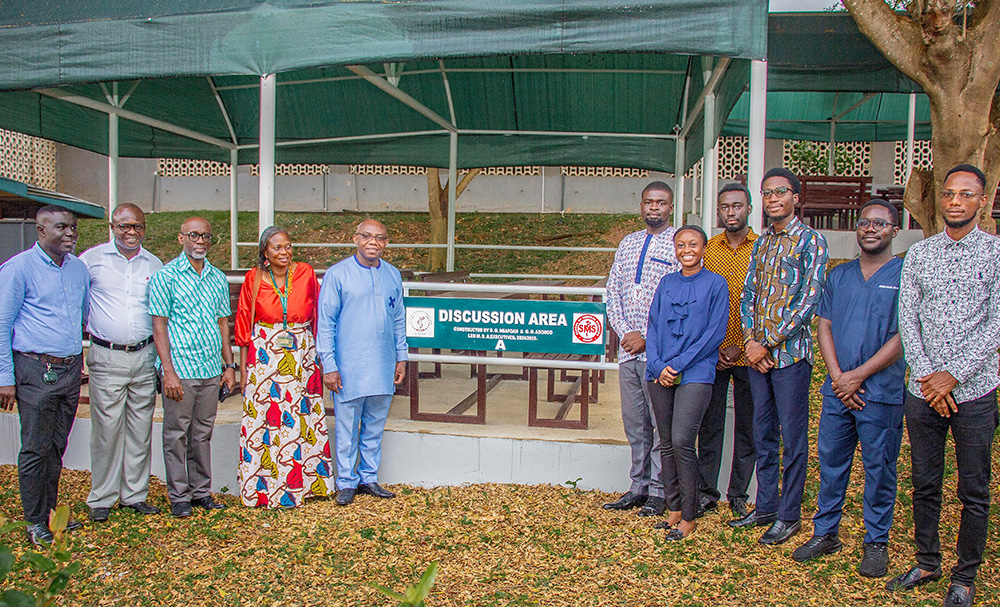A study conducted at Komfo Anokye Teaching Hospital (KATH) has uncovered that about 1 in 10 people living with HIV may be silently carrying a potentially deadly fungal infection called cryptococcosis.
The research, led by scientists from the School of Medical Sciences, KNUST, and the Komfo Anokye Teaching Hospital, was published in the Journal of Science and Technology (JUST) and highlights the need for routine screening of HIV patients for this condition.
Cryptococcosis is caused by the Cryptococcus species, a fungus that can lead to life-threatening infections, especially in individuals with weakened immune systems like those living with HIV.
Despite its dangers, diagnosing this infection remains a challenge in many countries, including Ghana, due to limited access to testing.
In Ghana and many other developing countries, testing for this infection is not common, mainly because the tools needed for diagnosis are limited.
As a result, there isn't much information on how widespread the infection is.
To help fill this gap, a group of researchers tested 80 blood samples from HIV patients who had visited KATH between August and November 2018.
They used a quick and simple test to look for the presence of the Cryptococcus fungus in the blood.
They discovered that 11.3% of the samples showed the presence of the infection.
The study found that 13.3% of patients already on antiretroviral therapy (ART) tested positive, while 10% of patients who had not yet started treatment also showed positive results.
The study shows that this fungal infection is more common than expected and can affect HIV patients whether or not they are on treatment.
The researchers say this level of infection is concerning and recommend that routine screening for cryptococcal antigen be introduced, especially among HIV patients, regardless of their treatment status.
Early detection could help reduce the risk of severe illness and death caused by this fungal disease.
Authors
Dr. Alex Owusu-Ofori, Mr. Michael Nkrumah-Appau, Mr. Eric Darko, Mr. Richard Boateng and Dr. Fred Stephen Sarfo.








